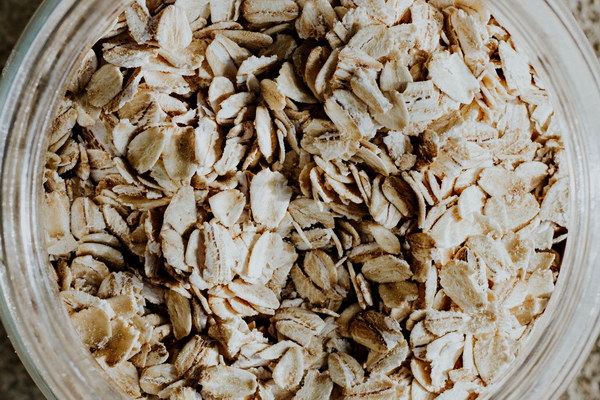Nurturing Your Kidneys A Comprehensive Guide to Enhancing Kidney Health
Introduction:
Kidneys play a vital role in maintaining our overall health. They filter waste products from the blood, regulate blood pressure, and produce hormones that help regulate blood cells and bone density. However, with today's fast-paced lifestyle and poor dietary habits, many people experience kidney problems. If you feel your kidneys are not functioning optimally, it's crucial to take steps to nurture and improve their health. This article provides a comprehensive guide on how to care for your kidneys and enhance their function.
1. Maintain a Balanced Diet:
A balanced diet is essential for kidney health. Include a variety of fruits, vegetables, whole grains, lean proteins, and healthy fats in your meals. Here are some specific dietary tips:
a. Limit sodium intake: Excess sodium can lead to high blood pressure, which puts stress on the kidneys. Avoid processed foods, canned goods, and salted snacks.
b. Control potassium intake: High potassium levels can be harmful to kidney patients. Consult a healthcare professional for the appropriate potassium intake based on your kidney function.
c. Stay hydrated: Drinking plenty of water helps flush out waste products from the kidneys. Aim for at least 8-10 glasses of water per day.
d. Choose low-potassium fruits and vegetables: If you have kidney problems, avoid high-potassium foods like bananas, oranges, tomatoes, and potatoes. Opt for low-potassium alternatives like apples, berries, and green beans.
2. Exercise Regularly:
Regular physical activity improves kidney function and reduces the risk of kidney disease. Aim for at least 150 minutes of moderate-intensity aerobic exercise or 75 minutes of vigorous-intensity aerobic exercise each week. In addition, include strength training exercises twice a week.
3. Manage Blood Pressure:
High blood pressure is a leading cause of kidney damage. Monitor your blood pressure regularly and take steps to manage it, such as:
a. Limiting salt and alcohol intake
b. Quitting smoking
c. Maintaining a healthy weight
d. Engaging in regular physical activity
e. Managing stress
4. Control Blood Sugar Levels:
Uncontrolled diabetes can lead to kidney damage. If you have diabetes, follow these steps to control blood sugar levels:
a. Follow a healthy diet
b. Take prescribed medications
c. Engage in regular physical activity
d. Monitor blood sugar levels
e. Attend regular check-ups with your healthcare provider

5. Avoid Harmful Substances:
To protect your kidneys, avoid exposure to harmful substances, such as:
a. Tobacco smoke: Quit smoking to reduce the risk of kidney damage.
b. Over-the-counter medications: Some pain relievers can be harmful to the kidneys. Consult a healthcare professional before taking any new medication.
c. Exposure to heavy metals: Limit exposure to toxic substances like lead, mercury, and arsenic.
6. Regular Check-ups:
Regular kidney function tests can help detect early signs of kidney disease. Visit your healthcare provider for regular check-ups, especially if you have risk factors like diabetes, high blood pressure, or a family history of kidney disease.
Conclusion:
Nurturing your kidneys is essential for maintaining your overall health. By following these steps, you can enhance your kidney function and reduce the risk of kidney disease. Remember, prevention is better than cure, so take proactive measures to protect your kidneys today.









